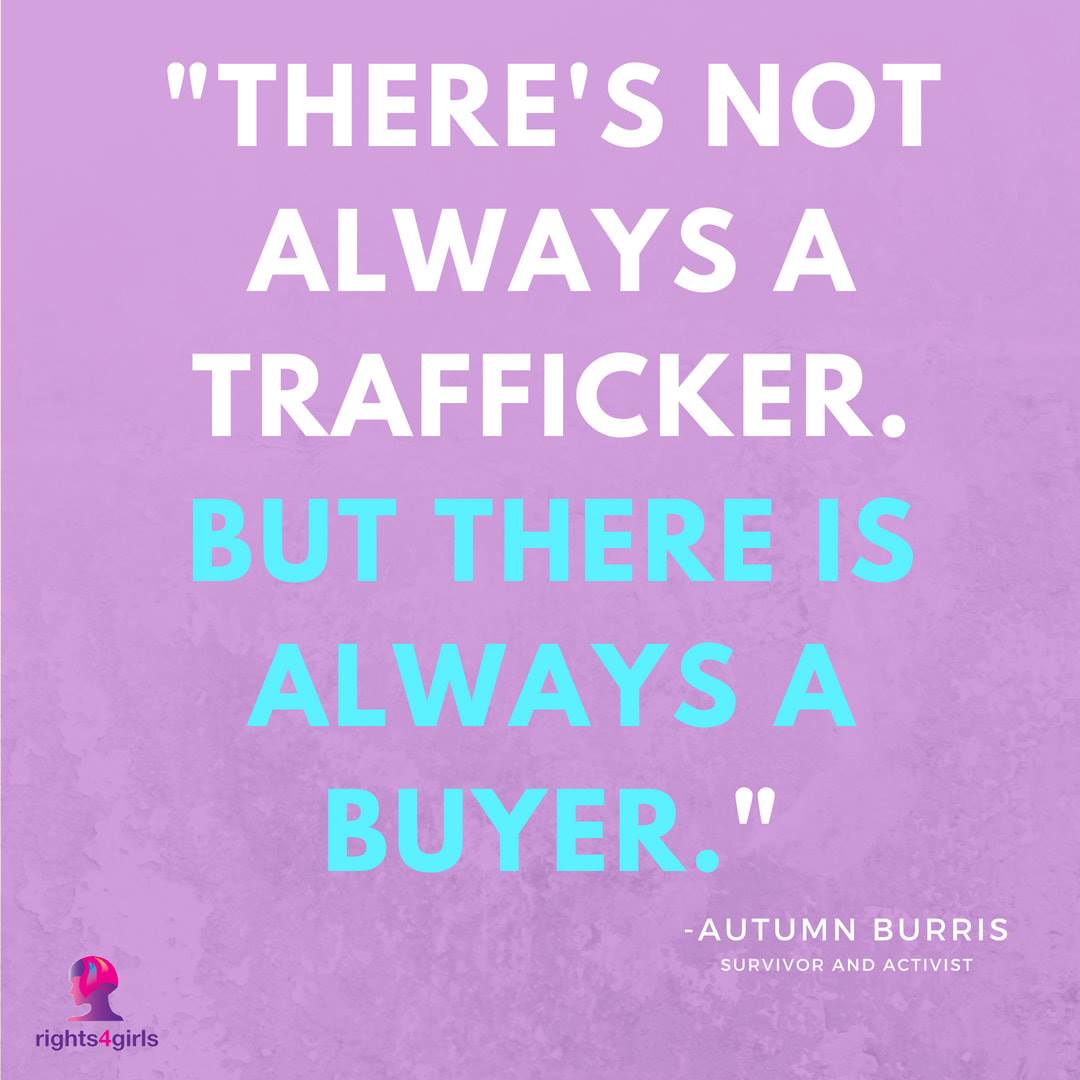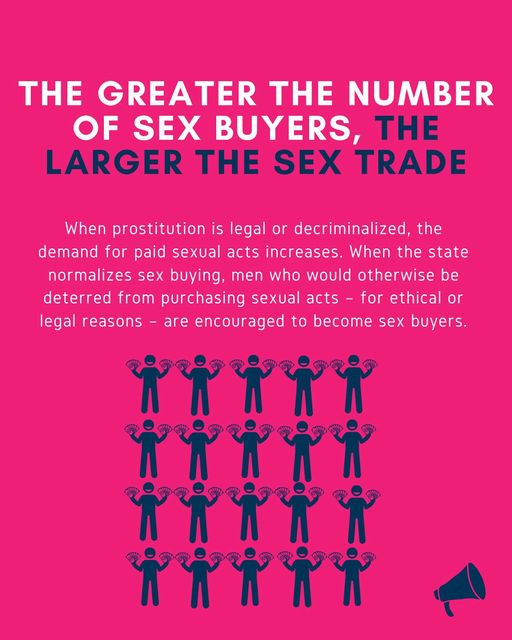The month of March marked several significant memorials:
March 4 – World Day of Fight Against Sexual Exploitation, March 8 – International Women’s Day,
March 18 – National Child Exploitation Awareness Day.


While the intention of such days seems quite evident, it saddened me to hear a presentation arguing that because some women had historically participated in sexual exploitation for survival, they had a constitutional right to continue to do so. Which means they need buyers.
What a terrible distortion of logic!
There was no mention of social inequality or injustice, the need for better opportunities, or the insult and degradation of relegating women to a blowjob economy.
The following reflections followed from my sadness:
Freedom from Exploitation: A Charter Right
The Canadian Charter of Rights and Freedoms was adopted in 1982 and guarantees the fundamental freedoms of (1) conscience and religion, (2) thought, belief, opinion, and expression, (3) peaceful assembly, and (4) association. Rights include (Section 3) Democratic – the right to vote, (Section 6) Mobility – the right to enter, remain in and leave Canada, (Section 7) Legal – the right to life, liberty, and security of the person, and (Section 15) Equality – the right to protection under the law.
PCEPA, the Protection of Communities and Exploited Persons Act, passed in 2014, criminalizes the purchase of sexual services and comes under attack by some who argue this somehow threatens the security of those who, for varying reasons, exchange sex for consideration.
Abolitionists are among the recognized equality proponents who believe sexual exploitation in and of itself is a violation of human rights and, accordingly, support the PCEPA legislation.
Points to consider:
(1) Intersectionality: Most agree that sexual servitude happens, not in isolation, but at the “intersection” of racism, gender inequality, colonialism, non-citizenship, limited employability, patriarchy, and economic oppression. The fact that many vulnerable and marginalized people have sought or been forced into sexual servitude as a means of survival throughout history does not justify continued oppression. Rather, it presents a challenge for society to create equal economic opportunities for marginalized people. Exploitation can not be sanctioned.
(2) Human Rights: While all people have the right to survive, their livelihood must be measured against the common good. Individual activities such as fraud, extortion, drug dealing, theft, and trafficking are considered crimes rather than protected “work.” Sexual exploitation has been well documented to create serious physical and emotional harm to providers. Society has an obligation to seek economic alternatives rather endorse unhealthy survival. Anywhere else, if people were continually exposed to body fluids without protection, the “business” would be shut down.
(3) Stigma: There is no doubt sexual providers, even if pimped or trafficked, have been stigmatized across cultures and throughout history rather than their buyers. Providers are blamed for what is done to them by predominantly male exploiters, as if buyers were somehow the victims. Yet some argue that giving buyers more license could somehow reduce stigma and increase safety. Normalization of trauma is never a solution. Dignity and respect must be restored, which means sanctions against the purchase of sexual access and putting accountability back on consumers.
(4) Harm Reduction: Some argue that PCEPA increases harm to providers by criminalizing their consumers. If providers have difficulty accessing essential benefits such housing or medical care, or if they are persecuted by police because of their association with buyers, those issues need to be addressed outside of legislation. Increased tolerance leads to greater demand. Protecting consumers creates new victims. Reduction of demand must be the primary focus of intervention to reduce harm for all concerned. Marginalized groups deserve better than being relegated to a sanctioned blow job economy.
Thank you to all who support the sacredness of women, and all citizens, by recognizing that we deserve equal opportunities and social networks to survive, NOT justification of sexual servitude.
